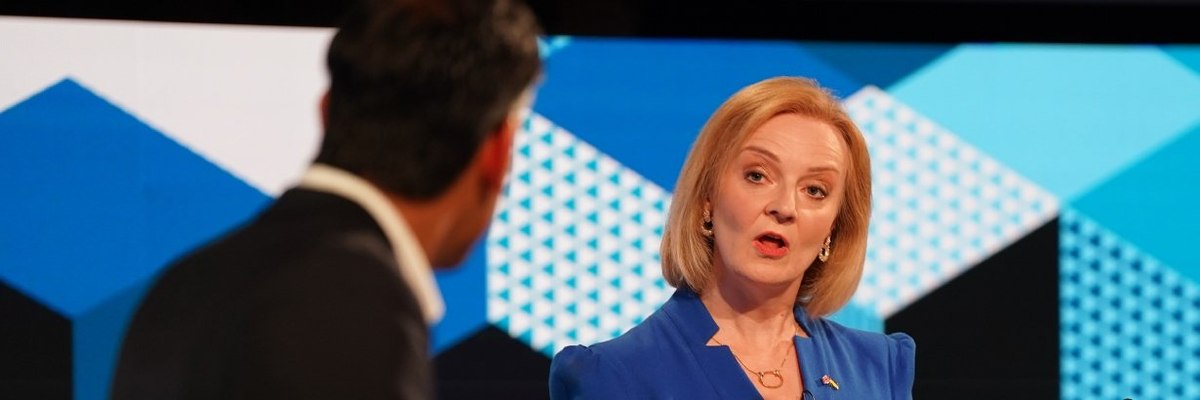Around three in ten think it noteworthy that the next party leader will be a woman or from an ethnic minority
In just over two weeks, the country will know who the next prime minister and Conservative leader is.
Since the start of July when the Conservative leadership race kicked off, the public have seen the potential list of figures be whittled down to the final two candidates, Rishi Sunak and Liz Truss.
The initial eight candidates represented the most diverse leadership contest of a major party in UK history, with four being women and four individuals of ethnic minority.
The most recent YouGov poll of Conservative party members puts Truss 32 points ahead of Sunak, meaning the foreign secretary is well on course for a promotion to being the third woman prime minister.
But how significant do Tory party members consider such a feat to be?
Over a quarter of Conservative party members (28%) deem it significant that the next party leader may be female, with 10% saying it is ‘very significant’. The majority, however, see this as insignificant (69%), with no difference in the results between male and female party members.
With Britain yet to have a prime minister from an ethnic minority background, the results show that 30% of Tory members consider it notable that the next Conservative leader may be from an ethnic background, including 13% who say it is ‘very significant’. Party members aged 18-49 are twice as likely (40%) to think this than those aged over 65 (21%).
A further 67% of party members place little to no significance on the likelihood of an ethnic minority leader.
With Sunak and Truss appearing in the regular churn of TV debates, hustings and interviews over the past couple of months, nine in ten (91%) party members say they have been following the campaign closely, of which 41% say they have kept up with it ‘very closely’. Just 9% say that they are not up-to-date with coverage.
See full results here








